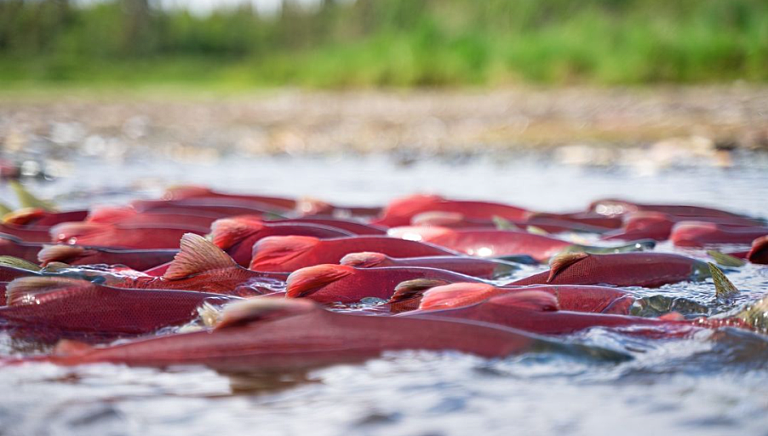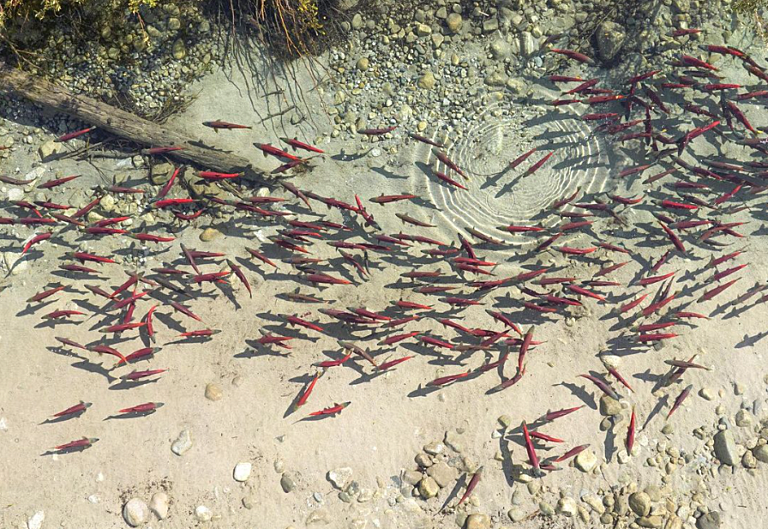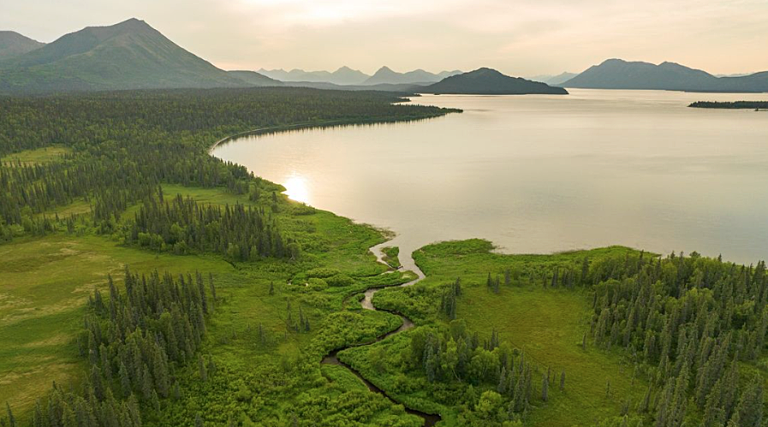
Announcement
Stormy seas in the Sunshine State
This week, some landlubbing legislators banned the sale and manufacture of cultivated meat and seafood in Florida.
Our industry fought hard against this bill as it made its way through the Florida legislature. You can watch Wildtype’s co-founders testify here (starts at 17:30) and here (starts at 23:30).
At Wildtype, we believe that through technology and innovation, we can address the fundamental challenge of our time: sustaining global health and quality of life without dooming our planet. Meaningful behavioral change – convincing enough people to use less energy or eat differently – takes longer than we can afford. So, we need to build new ways of fueling modern life.
But transformative technologies take time to realize their potential. While cellular agriculture has made real progress, this industry is still young. Banning it now is a short-sighted decision driven by politics and a desire to preserve the status quo.
Let’s dive into the main reasons we disagree with this legislation:

Credit: Jason Ching
We’re a small fish in a really big pond.
Right now, the production capacity of our entire industry is a fraction of what established meat and seafood companies produce annually. We need farmers, ranchers, and fishermen to feed a growing population with an increasing appetite.
However, demand for animal protein is the highest it's ever been and it’s projected to nearly double by 2050. There is simply not enough land or water to meet all that demand using traditional agricultural methods.
Banning technologies that can help meet that demand is a bizarre choice that stifles innovation when we need it the most. And a diversified food system can only make us more resilient against the effects of climate change.
Fear-mongering 🚫 Fishmongering ✔️
This legislation is fueled by a time-honored fallacy: equating “new” with “unsafe” and “natural” with “healthy”.
While our salmon is new, we do have a very relevant point of comparison: conventional seafood. Decades of polluting our oceans have left seafood full of mercury, pesticides, and PCBs. The FDA recommends limiting seafood intake to avoid exposure to these contaminants. Since the Industrial Revolution, the amount of mercury in our oceans has tripled.
Our technology allows us to control exactly what our salmon is exposed to, meaning Wildtype salmon is free from harmful contaminants. We’d argue that makes it “safer” than your average fish.
Free markets for fish markets 🐟
No consumers will be forced to eat cultivated meat or seafood if they do not want to. We wholeheartedly support transparent labeling and consumer education. But those who do want to eat cultivated products should be able to without government interference.
For a state that prides itself on protecting individual freedoms, this law is an arbitrary restriction of consumer choice.

Credit: Jason Ching
Florida’s decision is disappointing, but perhaps unsurprising. It’s a sign of the true potential of our industry that it inspires this kind of resistance.
We urge anyone who cares about ocean health, or food security, or combating climate change to stay engaged and informed. Reach out to your representatives, debate with your friends, and keep tabs on Wildtype and our peer companies as the industry evolves.
As for us, we’ll continue to do what we do every day: fight to defend Earth’s wild places by inspiring a transition to clean, accessible seafood. Stay tuned!
Best fishes,
The Wildtype Crew